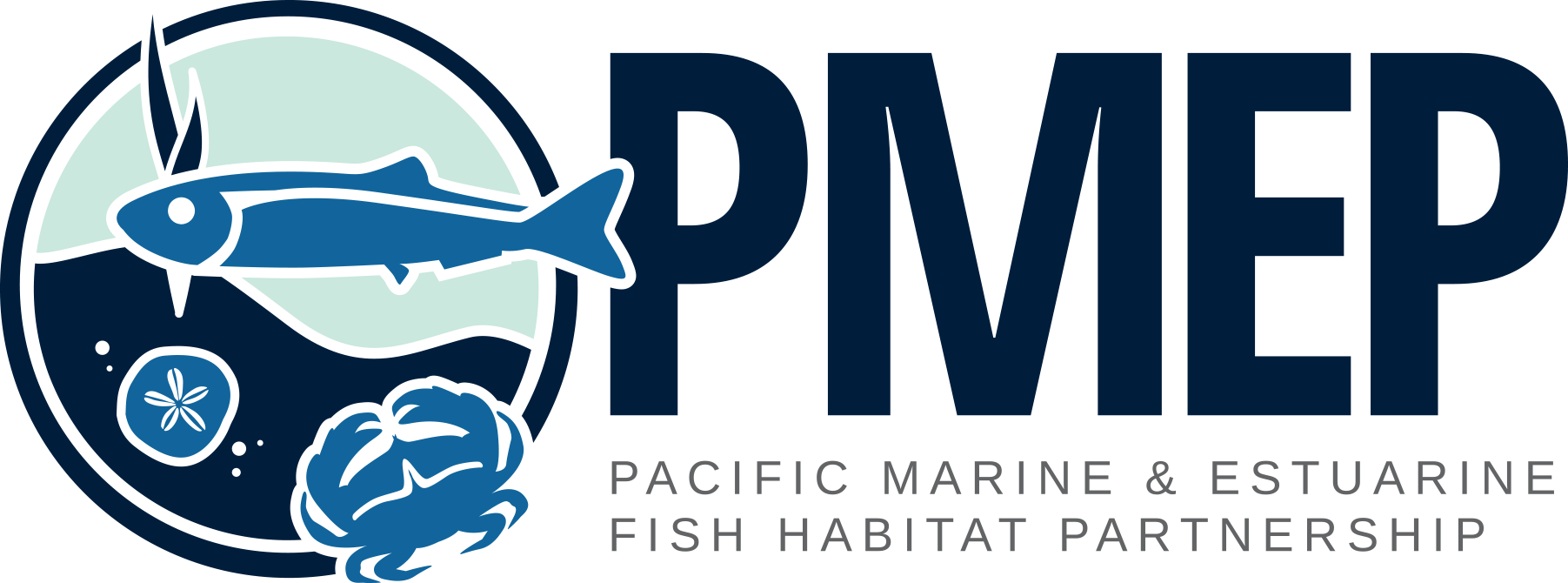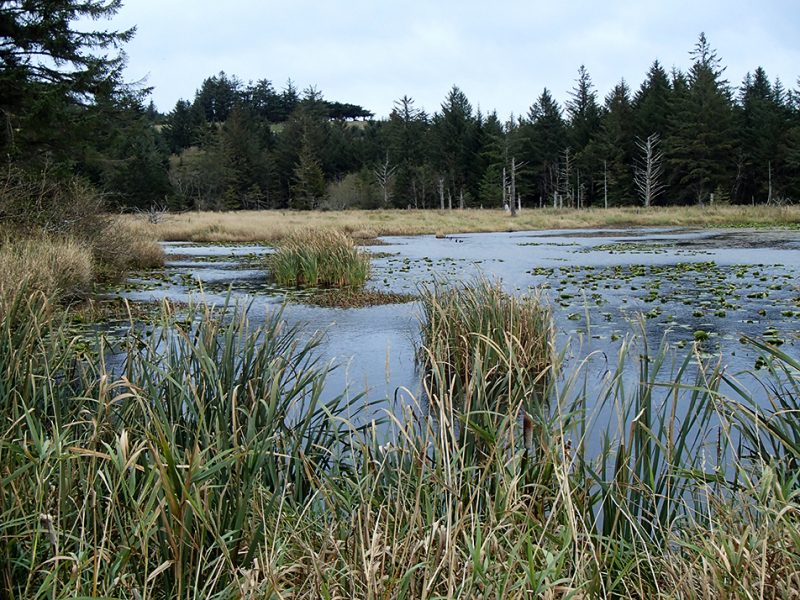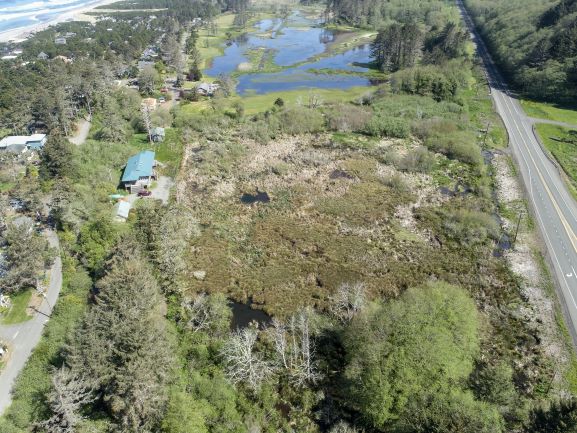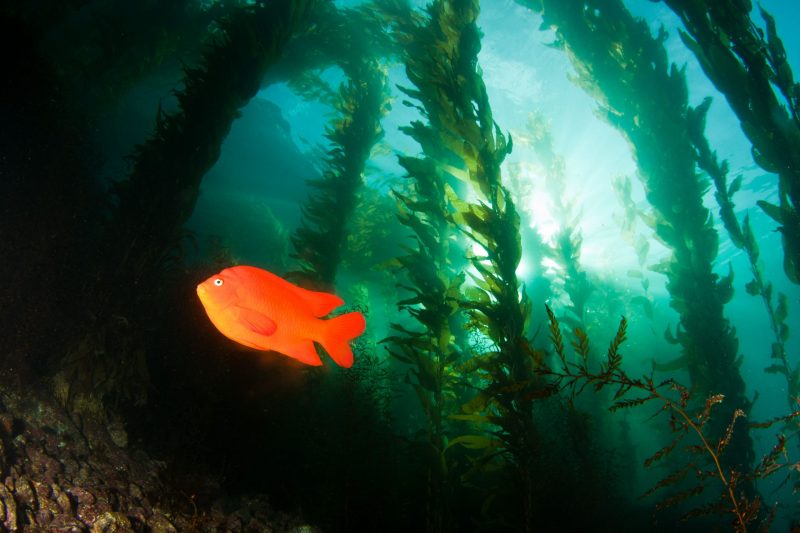The Pacific Marine and Estuarine Fish Habitat Partnership (PMEP) requests proposals for projects that will advance fish habitat conservation and restoration along the West Coast. PMEP is seeking project proposals that restore, enhance, or protect habitats for PMEP focal species within nearshore marine and estuarine systems (with an emphasis on habitat connectivity) or proposals that increase our understanding of fish habitats in estuarine and nearshore marine waters.
The project, or portion of a project, that PMEP funds must be completed within two years of receipt of funding and all PMEP funding and matching funds should be spent during that time. Project sponsors should assume that funding will be received in Summer of 2024.
Strong project proposals that request less than $100,000 will be given precedence in an effort to fund a diverse portfolio of projects. However, proposals of particular merit may be funded at a higher level at the discretion of the review panel. Please refer to the full RFP for more details.
All projects must show 1:1 non-federal financial match with the exception of projects proposed by tribal sponsors.
How to Apply
To apply for funding, interested applicants should complete and submit the online application. Please read the full RFP for instructions regarding what information to include and the preferred format for information. Incomplete or late applications will not be considered. The deadline for project proposal submissions is 5:00PM Pacific Time, Friday, February 17, 2023.
Find the Request for Proposals with application instructions HERE.



